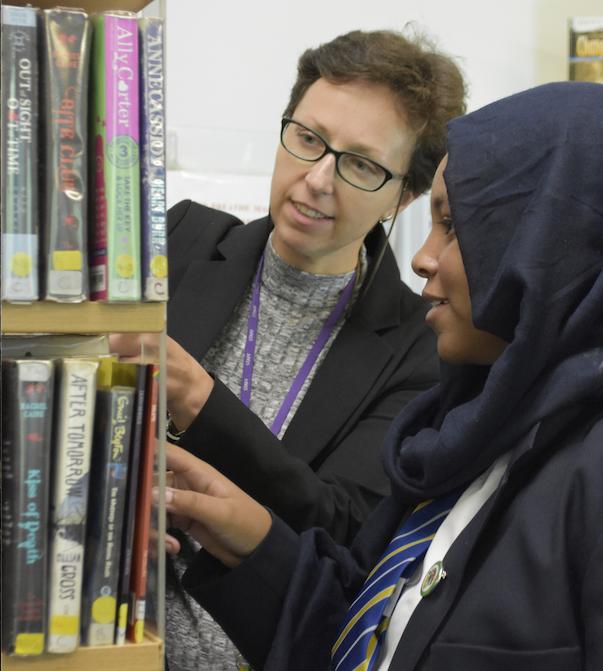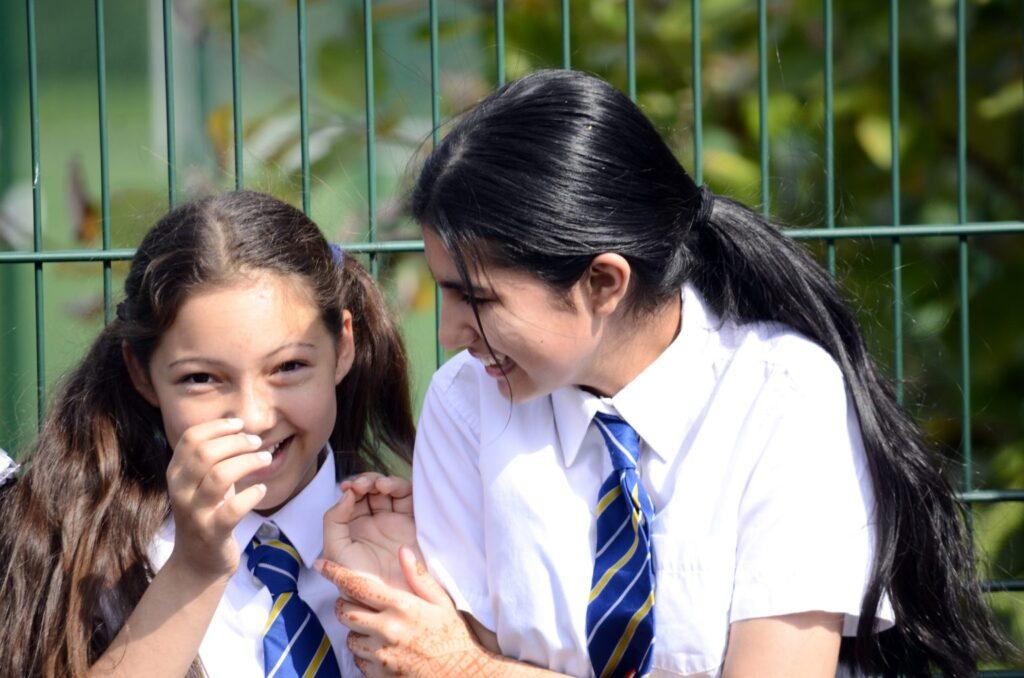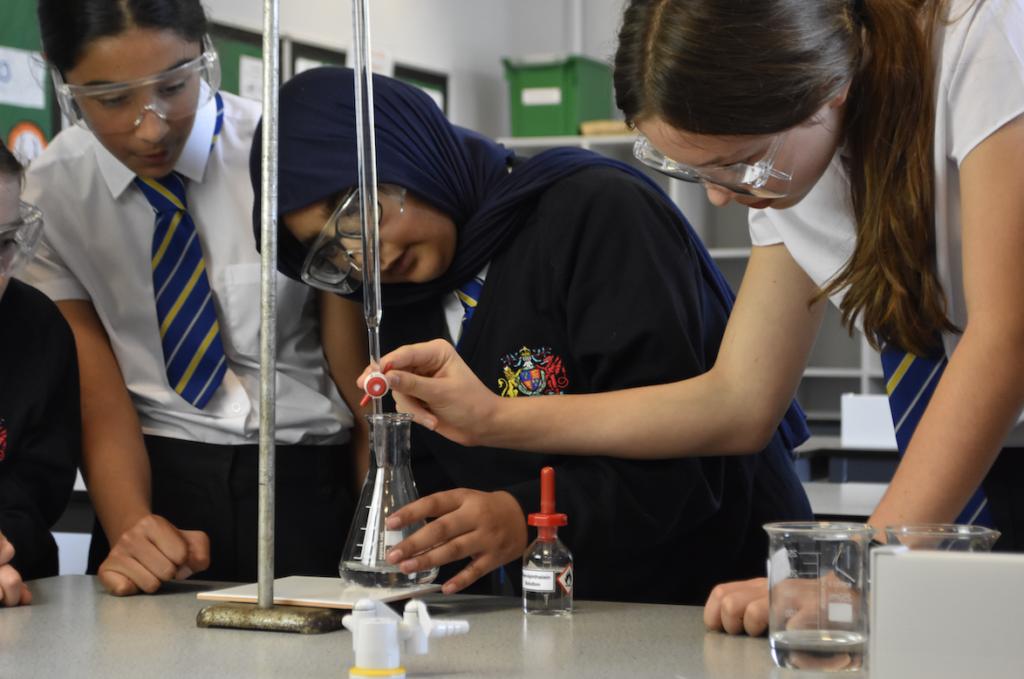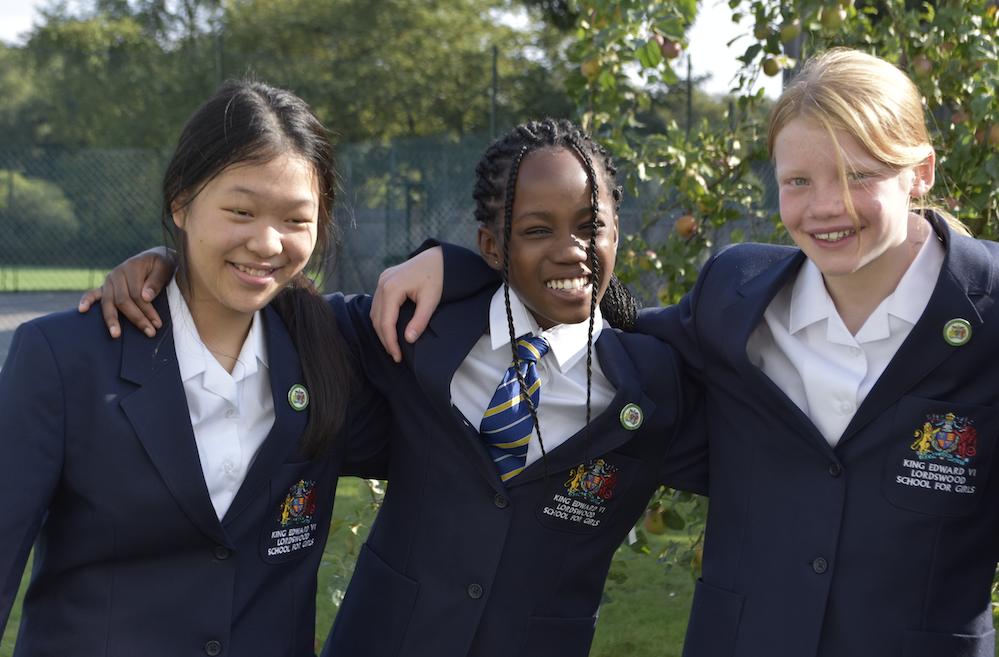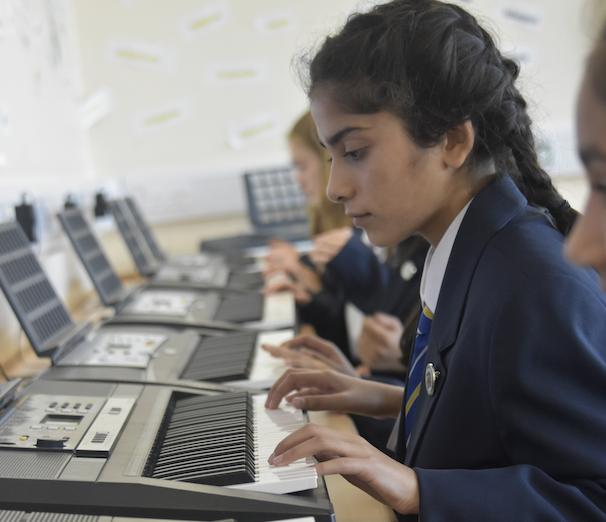PSHE dates for 2022-2023:
- Wednesday, October 12, 2022
- Monday, November 28, 2022
- Tuesday, January 10, 2023
- Thursday, March 16, 2023
- Friday, June 30, 2023
The programme for relationships and sex education in the school and sixth form is outlined below:
Year 7
- Puberty (delivered by an RSE specialist, students learn how to use the correct terminology for body parts, explain the changes that happen at puberty, understand basic information on reproduction and know how to manage the emotional and physical changes that happen during puberty).
- Human reproduction (delivered in science lessons).
- Sexting
Year 8
- Consent (Barnards’s resources used)
- Healthy Relationships (students learn the correct language of sexuality and gender)
- Right Age, Right Stage (delivered by an RSE specialist, students understand the laws that impact on growing up, the laws around sex and marriage including consent, FGM and forced marriage)
Year 9
- Contraception (this lesson which is delivered by a Health Education Specialist includes a condom demonstration. Students evaluate how different methods of contraception can prevent fertilisation and pregnancy).
- Grooming (Barnards’s resources used)
- Diversity Role models (Delivered by representatives from Diversity Role models, students explore stereotypes and address their own misconceptions around gender and sexuality through discussion with LGBT+ and ally role models. Students recognise, prevent and challenge gender and sexuality-based bullying and discrimination.)
- Theatre in Education by Loudmouth theatre on the theme of CSE (Students learn how to identify signs of a safe or unsafe relationship. The production gives students an increased awareness of grooming/ child sexual exploitation and abuse of power and control by individuals, groups and gangs. Students have an increased awareness of how easy it can be to get drawn into child sexual exploitation and how hard it can be to get out. They learn how to spots the signs of grooming and child sexual exploitation or abuse by individuals, groups and gangs.)
- Pornography (Barnardo’s resources used)
Year 10
- Healthy Relationships (delivered by an RSE specialist, students revisit why people use contraception and how STIs are transmitted. The session includes a condom and femidom demonstration. Students understand why people may not use contraception (alcohol, lack of knowledge, peer pressure, beliefs that certain practices are safe). They also learn what sexual health services are available to young people
- Teenage Partner Abuse (students understand that everyone is entitled to healthy, safe and respectful relationships. They learn the key qualities that form the foundation of all healthy relationships and are able to identify the key warning signs of an unhealthy relationship).
Year 11
- Self-esteem in relationships (delivered by a RSE specialist, students are able to identify what self-esteem is and understand the cycle of healthy and low self-esteem. They are able to identify some of the feelings and behaviours associated with healthy and low self-esteem and how that impacts on how others see and treat them. Students explore how self-esteem can impact on women’s sexual health and relationships and are able to identify what supports and builds healthy self-esteem and helps stop low self-esteem.
Year 12
- Consent (students are able to understand and appreciate the legal consequences of failing to respect other’s rights to not give or withdraw consent and to understand the value and qualities of consent in relationships. They learn how to seek redress if their consent has not been respected.)
- Diversity in Relationships (students are encouraged to reflect on their understanding of different types of relationship including LGBT+ and appreciate how different cultures and faiths view relationships, respecting other’s rights to hold their own views.)
- Sexual Relationships (students are able identify common myths about first sexual encounters. They learn how to distinguish between good and bad experiences to keep them safe from harm.)
Year 13
- Healthy Relationships (students explore how to manage risky or unhealthy relationships including harassment and abuse (including online) and understand their rights to access support. They explore how to develop and maintain a variety of healthy relationships in both social, educational and employment contexts, including parenting skills.)

